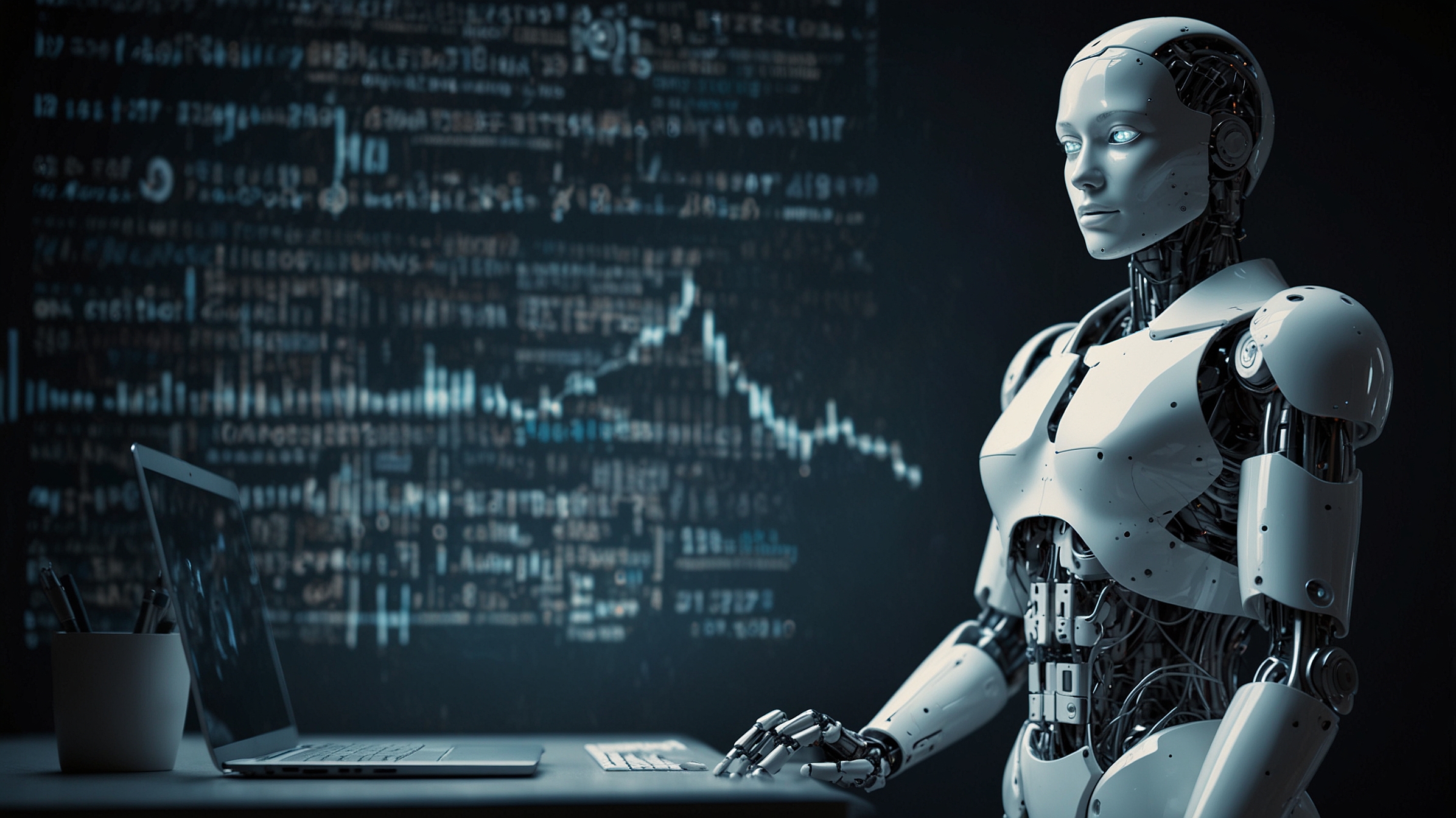As artificial intelligence (AI) continues to penetrate every industry, its role in human resources (HR) is becoming increasingly prominent. Companies are adopting AI-driven tools to streamline recruitment, enhance candidate experience, and even predict employee performance. With the promise of efficiency, reduced human error, and data-driven decision-making, AI is revolutionizing the hiring process. But as companies race to leverage machine learning algorithms in recruitment, the question remains: Can AI really hire the right person?
The Rise of AI in Recruitment
Traditionally, HR professionals have sifted through resumes, conducted interviews, and made hiring decisions based on their expertise, intuition, and experience. However, with increasing volumes of applicants and the pressure to hire quickly, AI is offering a new solution. Automated recruitment platforms powered by machine learning algorithms are now able to scan thousands of resumes, analyze candidates’ responses, and even predict job success.
Resume Screening
AI-powered systems can analyze resumes far more efficiently than a human recruiter. They can scan for relevant keywords, match applicants with job descriptions, and even assess the quality of work experience. Tools like HireVue and Pymetrics use AI to process video interviews, analyzing speech patterns and facial expressions to gauge a candidate’s fit for the company culture and role. AI helps recruiters prioritize top candidates, reducing the time spent on manual processes.
Bias Detection and Diversity Goals
Another advantage of AI in hiring is the potential to minimize human bias. Human recruiters often unintentionally favor candidates with similar backgrounds, genders, or ethnicities. AI, in theory, could make hiring decisions based purely on the qualifications of candidates, potentially leading to more diverse hiring outcomes. Tools like Textio, for example, can identify biased language in job descriptions and suggest more inclusive alternatives to help companies attract a broader pool of candidates.
Predictive Analytics
AI systems can also use predictive analytics to assess how a candidate will perform in a given role. Machine learning algorithms analyze past hiring data, employee performance, and behavior patterns to make predictions about how new hires will perform, stay with the company, or even fit into the company’s culture. By incorporating employee data such as job satisfaction and career progression, AI tools can forecast the long-term success of candidates and their potential for growth.
The Risks of Bias in AI Systems
Despite the promise of unbiased decision-making, the use of AI in hiring is not without its challenges. One of the primary risks is the potential for algorithmic bias, a phenomenon where AI systems inherit biases from the data they are trained on. If the data used to train an AI system reflects existing biases—such as underrepresentation of certain demographics or historical hiring practices—those biases may be inadvertently carried into the hiring process.
For instance, an AI system trained on historical hiring data that favors male candidates may perpetuate gender discrimination, even if the algorithm itself is not inherently biased. This can lead to skewed hiring decisions that unintentionally disadvantage minority groups, making AI an imperfect solution unless the data is rigorously curated and monitored.
Another risk is that AI systems might make decisions based on factors that are not immediately transparent or explainable to human decision-makers. This “black box” nature of some AI systems makes it difficult to understand how decisions are made, which can be problematic if an applicant feels they were unfairly passed over. Ensuring transparency and accountability in the algorithmic decision-making process is critical to mitigating these risks.
Enhancing Human Judgment with AI
While AI has the potential to streamline hiring and make the process more efficient, it should not be seen as a replacement for human judgment. AI tools can assist recruiters in shortlisting candidates, but the final decision still requires a human touch. After all, hiring decisions are not just about skills and experience—they also involve personality, cultural fit, and potential for growth. These factors are difficult for an algorithm to fully capture.
Human recruiters can use AI to reduce administrative tasks and focus more on higher-level aspects of recruitment, such as conducting interviews, assessing soft skills, and ensuring that the candidate aligns with the company’s values and mission. In fact, many successful recruitment processes today involve a hybrid approach, where AI helps to streamline the initial phases of hiring, and human judgment steps in when it comes to the final decision.
The Future of AI in HR
As machine learning technology continues to advance, AI’s role in recruitment will likely become even more sophisticated. Future AI systems may not only evaluate resumes and interviews but also assess potential candidates through continuous learning, tracking their work habits, social interactions, and even mental health in the workplace. The goal is to create systems that not only hire the best candidates but also predict how they will perform within specific teams, handle conflict, and contribute to long-term company success.
However, these advancements come with their own set of challenges. The ethical implications of using AI in recruitment, particularly in areas like privacy and data security, will require careful regulation. Ensuring that AI-powered hiring systems are used responsibly and transparently will be essential for the future of the technology in HR.
Conclusion
AI has the potential to transform the recruitment industry by making hiring processes faster, more objective, and more data-driven. However, the risks of algorithmic bias and the complexities of human decision-making mean that AI should not replace human judgment, but rather complement it. As AI continues to evolve, its role in HR will likely become more integrated and refined, leading to a future where technology and human expertise work hand-in-hand to hire the right person for the job.





